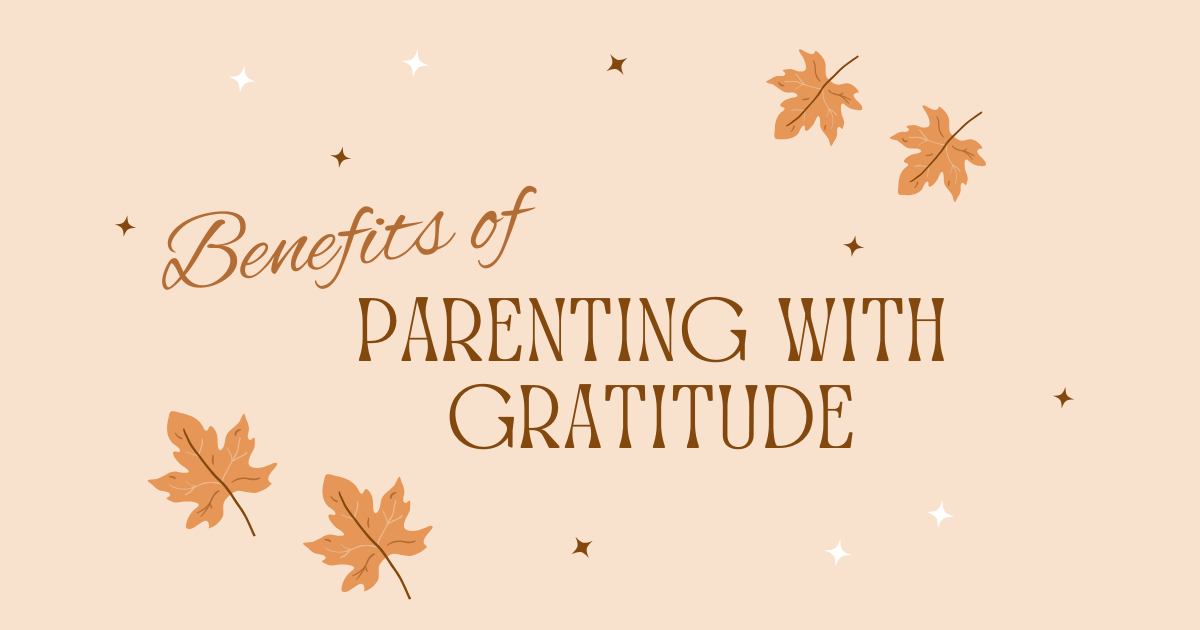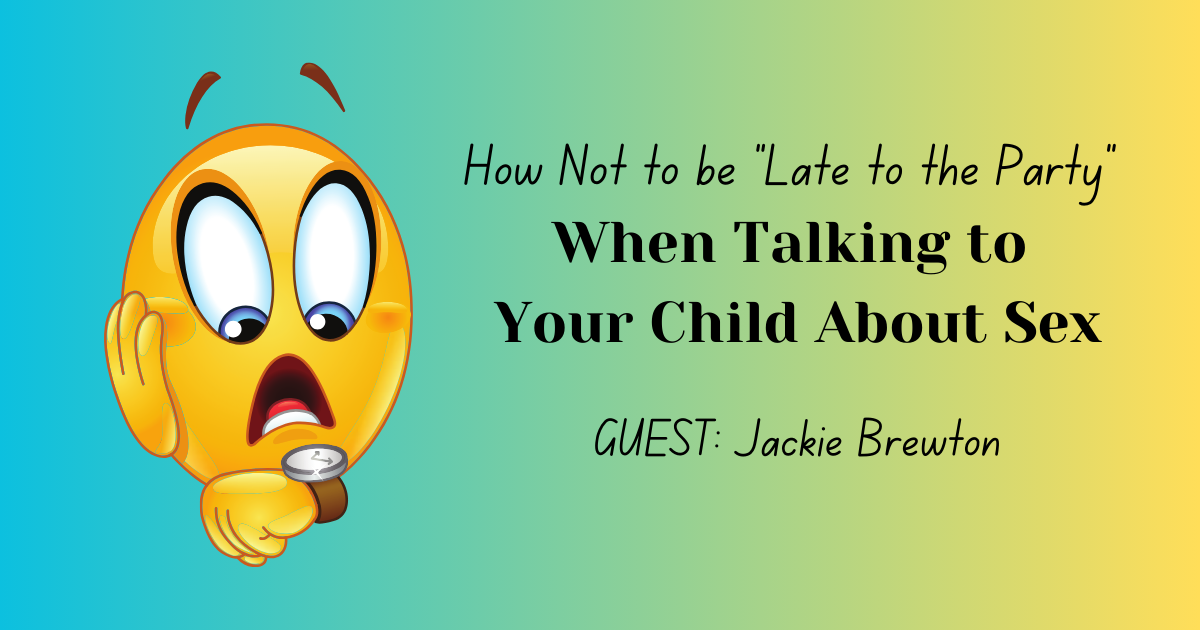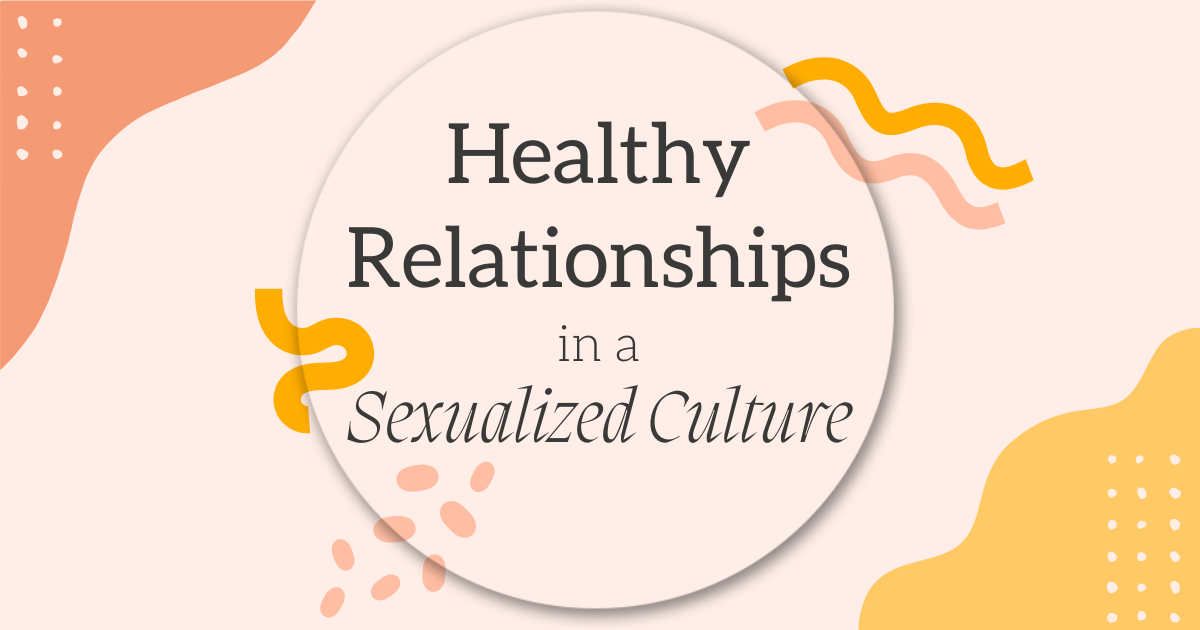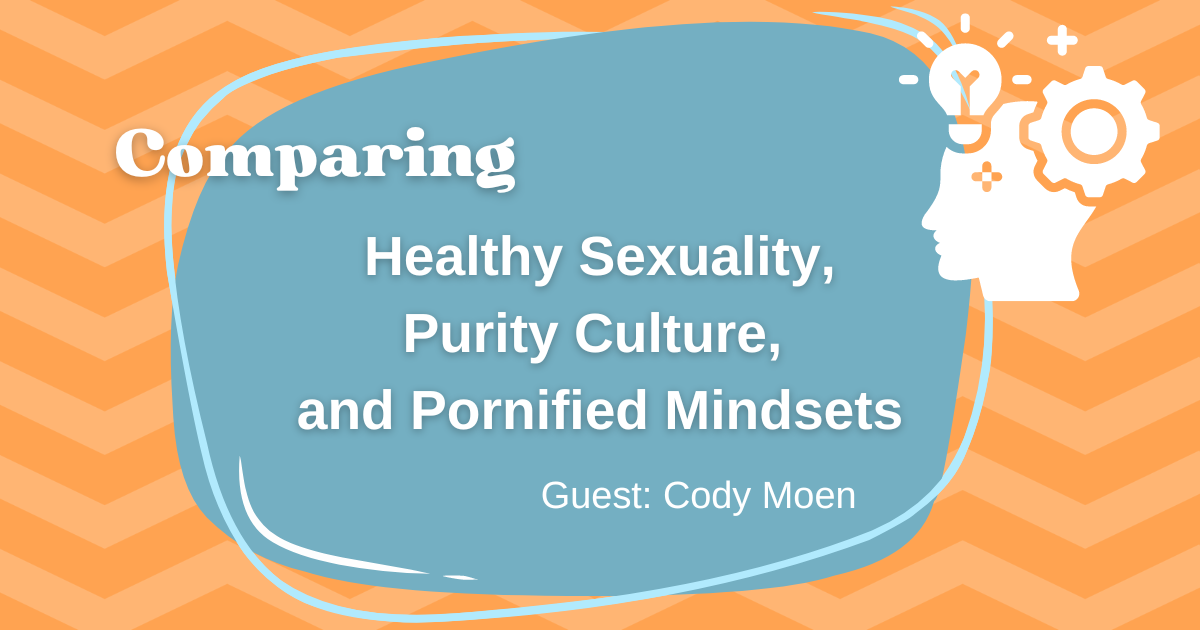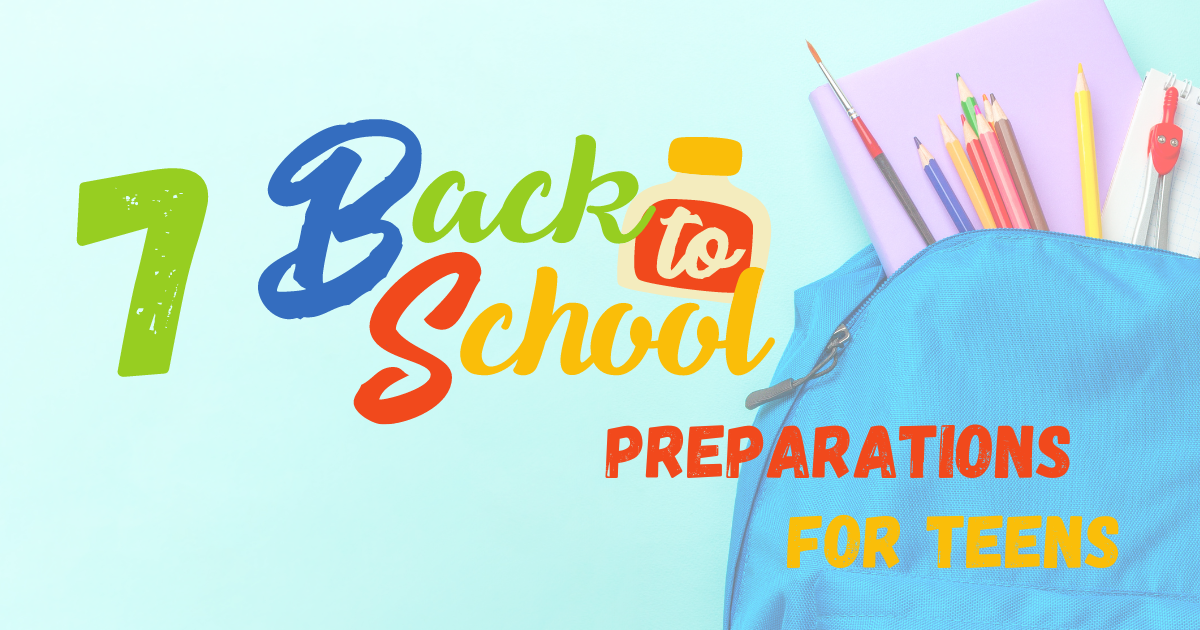I’m thrilled to introduce Teri White, an incredible advocate for sexual risk avoidance education. Teri works directly with schools, equipping students with tools for healthy decision-making, and has also developed a curriculum to help parents teach their children about sexual integrity. I had the pleasure of meeting Teri in person at a homeschool conference and was immediately drawn to her warm and engaging personality. As two retired homeschool moms now dedicated to guiding students toward healthier choices, we share a deep passion for this work. It’s an honor to share her insights in this post.
E. Stanley Jones wrote, “Sex has produced more happiness and more unhappiness than any single thing in life. It all depends on what you do with it.”
These words crafted by Jones are on point. The battle for sexual integrity has been fought since the beginning of time by all individuals, young and old alike. Every person born on earth will, at some point, make the decision to live to the highest of moral standards about their own sexual behaviors or avoid it all together. Because this is a battle of great magnitude, it is imperative that individuals are prepared and equipped to face the struggle without fear. But how? How does one become combat ready and equipped to engage in the battle?
Continue reading “Victors in the Battle for Sexual Integrity”


